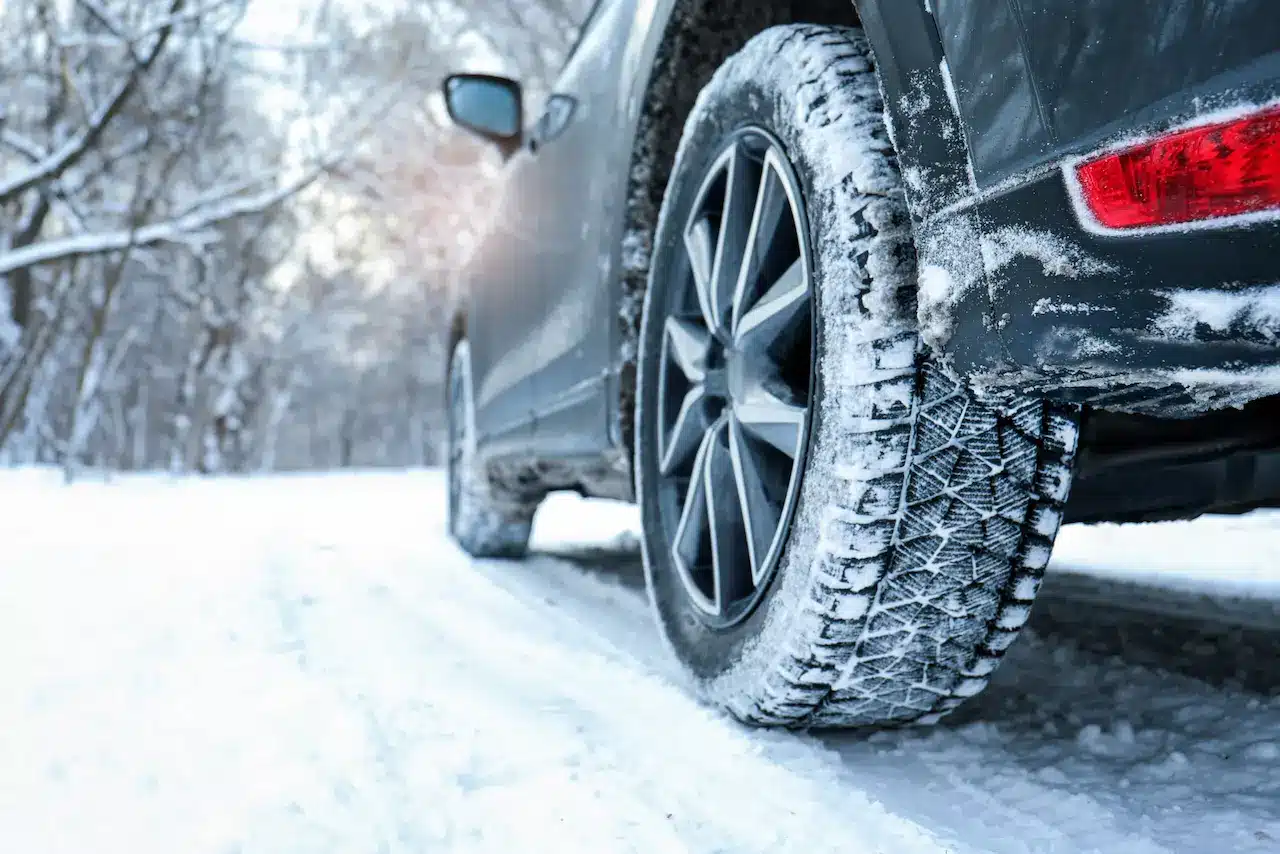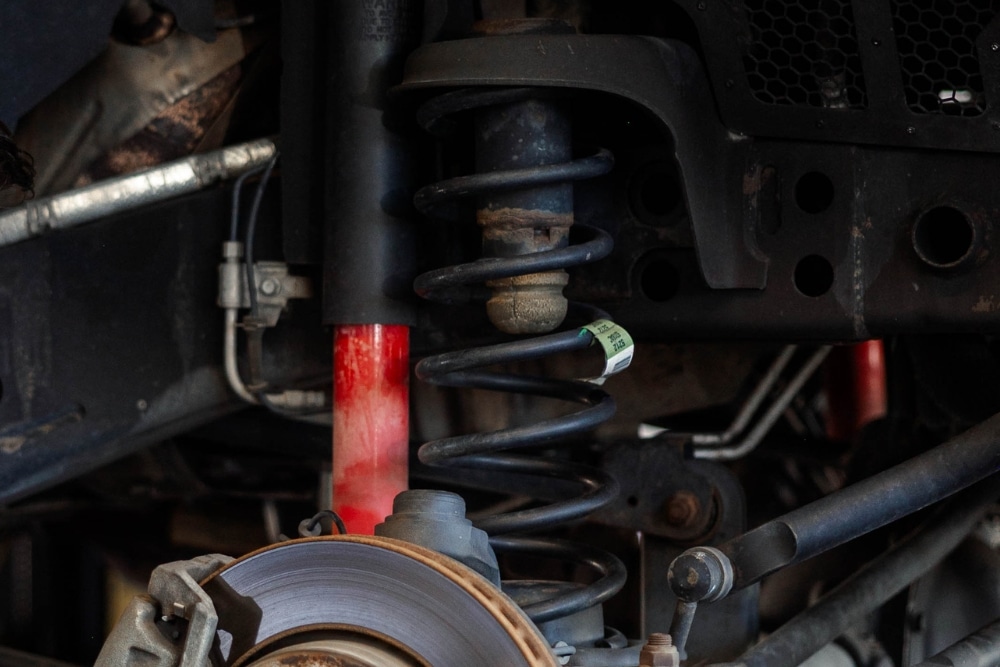All-Season Tires vs. Winter Tires: Which Is Best For Your Needs?

With winter on the horizon, it’s time to start thinking about which type of tires will be best for your driving needs. Should you stick with all-season tires or make the switch to winter tires? Here’s a comparison of the two to help you make the best decision for your needs.
All-Season Tires
All-season tires are designed to provide good traction and handling in a variety of driving conditions, including wet and dry roads, as well as light snow. They typically have deeper treads than winter tires and are made from harder rubber compounds that provide better grip on dry roads but can become hard and brittle in colder temperatures, which can impact traction in snow and ice.
Winter Tires
Winter tires are designed specifically for use in cold weather and are made from softer rubber compounds that remain flexible in lower temperatures. This helps them grip the road better in snow and ice. Winter tires also have deeper treads than all-season tires to help displace slush and water so you can maintain traction on slippery surfaces. They also typically have metal or ceramic studs embedded in the tread that further improve traction on ice.
So, which is best for your needs—all-season or winter tires? If you live in an area with frequent snowfall and icy road conditions, winter tires are probably your best bet. They’ll provide better traction and handling so you can stay safe on the roads all winter long. But if you live in an area with milder winters, all-season tires will probably be just fine. Whichever route you choose, just be sure to make the switch before the first snowfall hits!
Related Posts

Why Your Check Engine Light Is Flashing in Colorado Springs, CO
A flashing check engine light signals urgent engine misfires. Express Auto Repair in Colorado Springs provides expert diagnostics

How to Know If Your Vehicle Needs Suspension Repair in Colorado Springs, CO
A quick suspension check can prevent dangerous handling and loss of control on icy Colorado Springs roads. Express

Why a Quick Brake Inspection in Colorado Springs Could Save You This Winter
A quick winter brake inspection can prevent dangerous slips on icy Colorado Springs roads. Express Auto Repair uses

Get Your Car Ready for Holiday Road Trips in Colorado Springs
Get your car holiday-ready in Colorado Springs with Express Auto Repair. Our ASE-certified technicians check batteries, brakes, tires,
